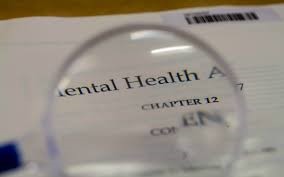by Michael Naughton, Reader in Sociology and Law, University of Bristol Law School and School of Sociology, Politics and International Studies (SPAIS)
Introduction
A UK Government and Parliament Petition emerged recently calling for the Criminal Cases Review Commission (CCRC) to be given more funding. The case made by the petitioners was as follows:
‘We want the Government to increase funding for the Criminal Cases Review Commission (CCRC), so they have more resources, funding and manpower to review all possible miscarriages of justice in the criminal courts. We believe that the CCRC is under resourced, and that the Government should increase its funding to ensure it is able to identify any miscarriages of justice in the criminal courts. By increasing its funding, the Government can help ensure that people who have been a victim of a miscarriage of justice receive the support, and justice, they deserve.’
The Petition, which echoes regular and longstanding calls for the CCRC to have more funding (see here, here, and here), comes at an important moment in the struggle for justice for alleged innocent victims of wrongful convictions. (more…)










